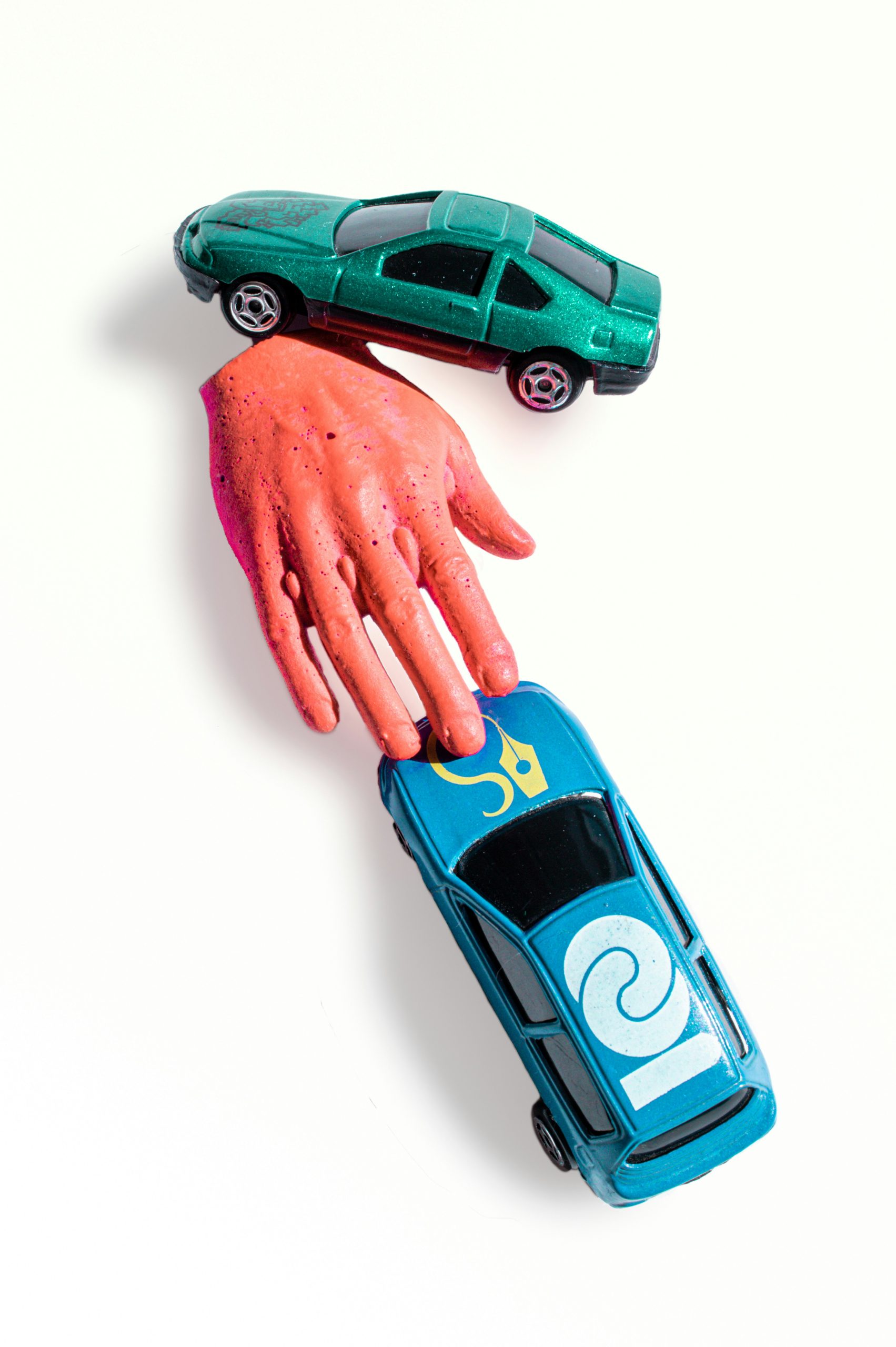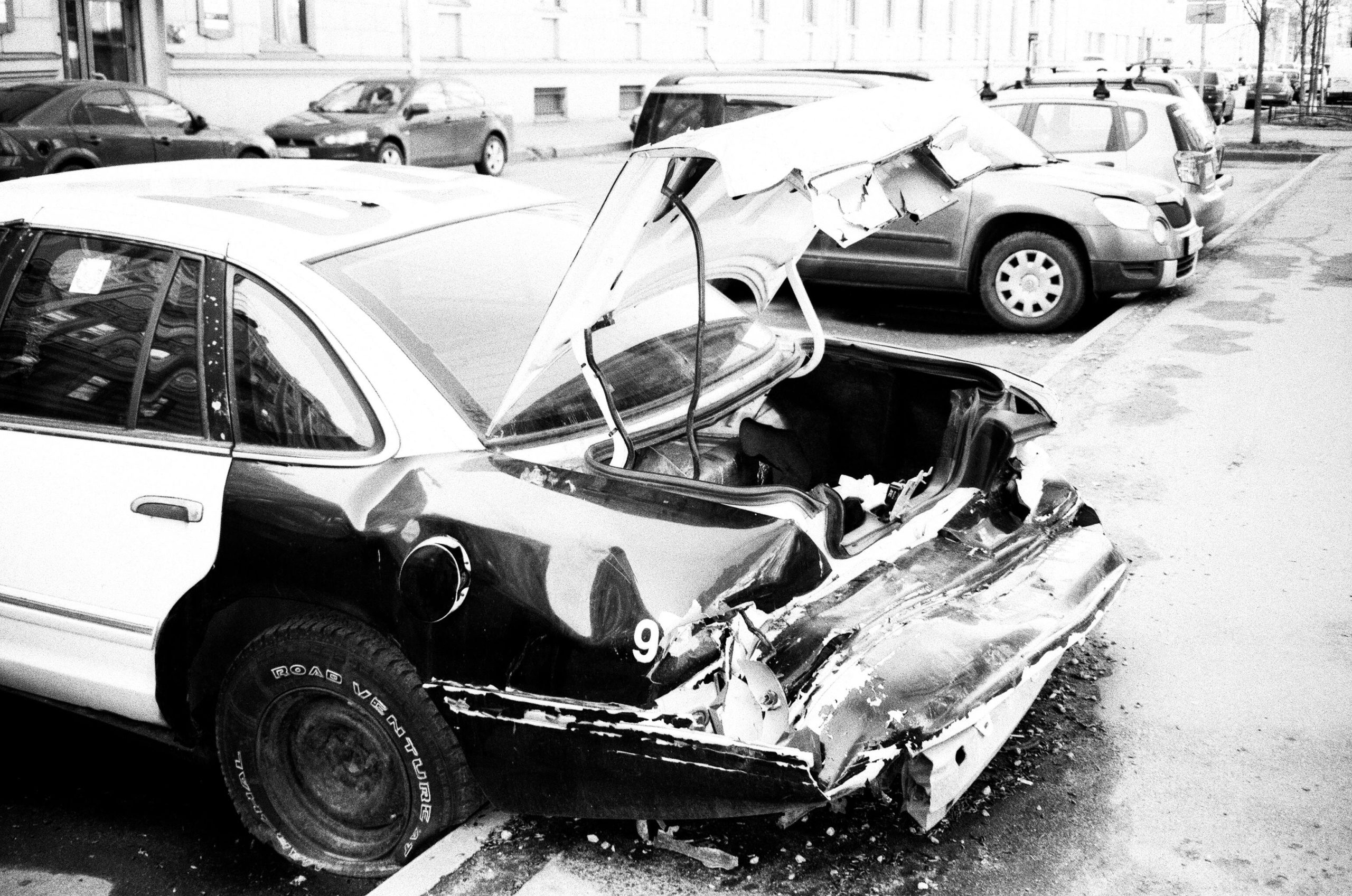 A recent ruling by the Louisiana Court of Appeal, Third Circuit, has shed light on the complex interplay between adoption and the right to file wrongful death and survival actions. The consolidated cases, stemming from a tragic car accident that claimed the lives of Richard Stewart, Jr., and his two minor children, raised questions about whether adopted children and biological half-siblings can pursue such claims.
A recent ruling by the Louisiana Court of Appeal, Third Circuit, has shed light on the complex interplay between adoption and the right to file wrongful death and survival actions. The consolidated cases, stemming from a tragic car accident that claimed the lives of Richard Stewart, Jr., and his two minor children, raised questions about whether adopted children and biological half-siblings can pursue such claims.
The accident resulted in the deaths of Richard Stewart, Jr., and his two minor children. Mr. Stewart was survived by his wife, Lisa Stewart, and two adult sons, Daniel Goins and David Watts, who were adopted as minors. Additionally, the deceased minor children had a biological mother, Brandi Hardie, who was not a party to the lawsuits.
Following the accident, multiple survival and wrongful death actions were filed. The central issue was whether Goins and Watts, as adopted children and biological half-siblings, had the right to bring these claims.
 Insurance Dispute Lawyer Blog
Insurance Dispute Lawyer Blog


 In a recent decision, the
In a recent decision, the  A recent ruling by the
A recent ruling by the  In a recent case, the
In a recent case, the  In personal injury law, car accidents at intersections are all too common. However, the case of
In personal injury law, car accidents at intersections are all too common. However, the case of  A recent Louisiana Court of Appeal decision has underscored the significance of expert testimony in medical malpractice cases. The case, Mariakis v.
A recent Louisiana Court of Appeal decision has underscored the significance of expert testimony in medical malpractice cases. The case, Mariakis v. In the realm of workers’ compensation, ensuring injured employees receive necessary medical treatment can sometimes be a battle. A recent Louisiana Court of Appeal decision, Deubler v. Bogalusa City Schools, highlights the complexities surrounding the Louisiana Medical Treatment Guidelines and the process of obtaining authorization for treatment. This case serves as a reminder of the importance of adhering to these guidelines while also recognizing the need for flexibility when circumstances warrant it.
In the realm of workers’ compensation, ensuring injured employees receive necessary medical treatment can sometimes be a battle. A recent Louisiana Court of Appeal decision, Deubler v. Bogalusa City Schools, highlights the complexities surrounding the Louisiana Medical Treatment Guidelines and the process of obtaining authorization for treatment. This case serves as a reminder of the importance of adhering to these guidelines while also recognizing the need for flexibility when circumstances warrant it. A recent ruling from the
A recent ruling from the  In a recent case, the Louisiana Court of Appeal emphasized the importance of adhering to the strict formalities required to execute a valid will. The case, In the Matter of the Succession of Sandra Gabor Dale, involved a dispute between siblings over their mother’s estate after a later will was deemed invalid due to improper execution.
In a recent case, the Louisiana Court of Appeal emphasized the importance of adhering to the strict formalities required to execute a valid will. The case, In the Matter of the Succession of Sandra Gabor Dale, involved a dispute between siblings over their mother’s estate after a later will was deemed invalid due to improper execution. A recent
A recent